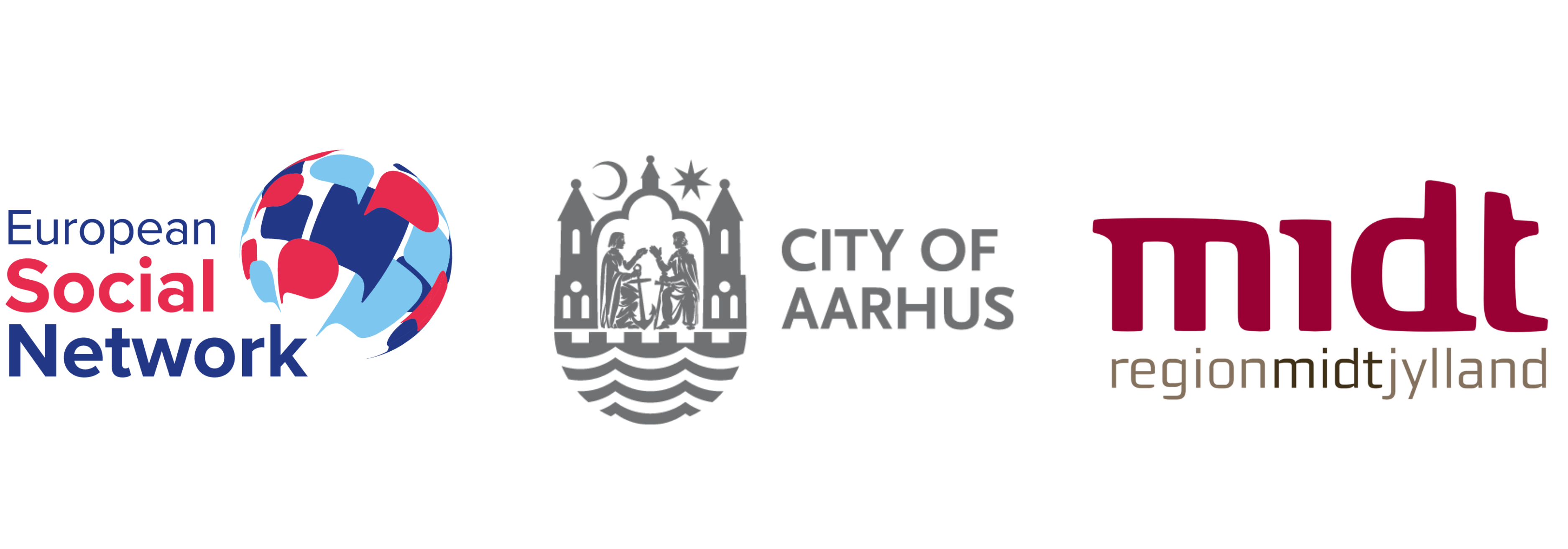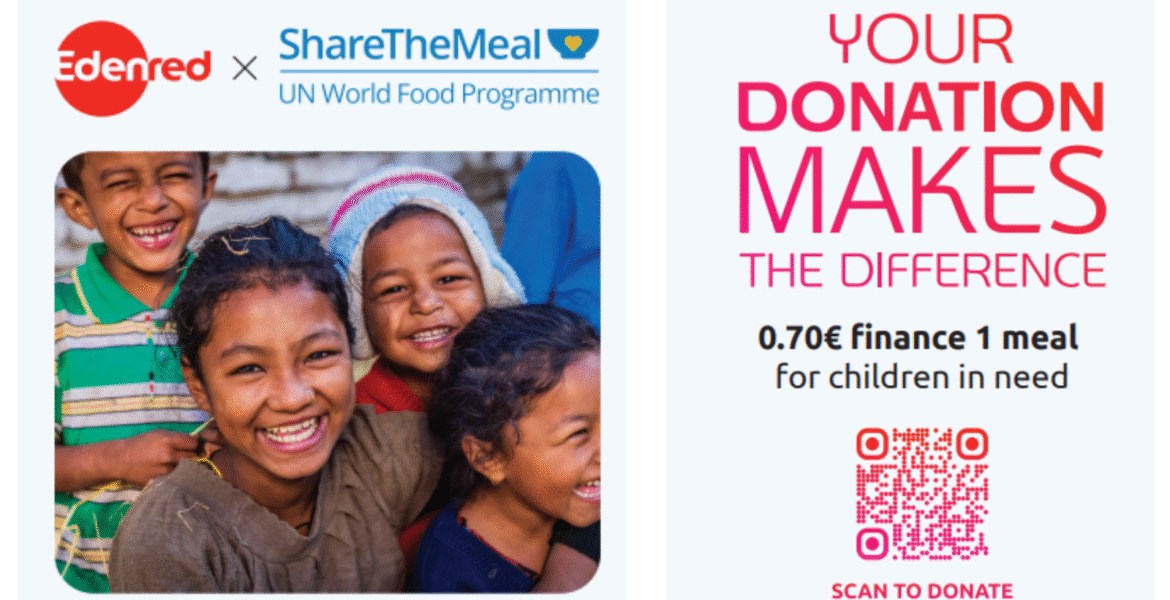By Delphine Chilese-Lemarinier, Head of EU Affairs, Edenred
Providing food and nutritional support to citizens (i.e. vulnerable families) to address the cause of malnutrition (in its broad meaning: access to food, but also to promote healthy habits and tackle non-communicable diseases) is a primary care policy.
In the context of the strong cost of living crisis that citizens are currently facing, access to food is constrained. According to recent survey by Eurostat, in 2023, 9.5% of the EU population were unable to afford a meal containing meat, fish or a vegetarian equivalent every second day.
A variety of technologies is available (such as apps, e-vouchers, QR codes) and can be used to provide on the one hand an efficient support to targeted audience and on the other hand a facilitated funding and donation management. Let’s provide you with some examples on possible usages in the field of access to food.
Junaeb programme to ensure access to nutritious food for vulnerable students
Junaeb (Junta Nacional de Auxilio Escolar y Becas) is a Chilean public entity which ensures “effective equal opportunities in the education of children and young people in conditions of economic vulnerability.” Junaeb manages an important scholarship to provide the means for Chilean students to access healthy and adequate nutrition and ultimately to help them meet their educational requirements. Out of 1.1 million students in the country, more than 670 000, the more vulnerable, are benefiting from this scholarship. Students are provided with an electronic voucher (card) usable for online and offline food/meal shopping.
Students can prepare their meals with groceries from registered retail shops or can access healthy meals (pre-approved by JUNAEB) at restaurants and cafeteria.
ShareTheMeal app to boost micro-donations to address malnutrition
ShareTheMeal app by the World Food Programme – WFP (the world’s largest humanitarian organization fighting hunger, operating under the United Nations) provides new methods to involve citizens into fight against malnutrition and to manage donations. ShareTheMeal app was launched in 2015 to make fighting hunger accessible to everyone through micro-donations. With just €0.70 and a few taps on a phone, every citizen can share his meal with someone in need. The user can choose the programme he would like to support and the WFP is in charge of distributing the donation. The solution provides an easy solution to citizens to contribute to a global fight and proposes a new way for an international organization to manage donations and fundings.
ShareTheMeal donations not only provide life-saving food in emergencies but also facilitate school feeding, nutrition support, cash transfers and resilience programmes all over the world. True to its purpose of ‘Enriching connections. For good.’, Edenred has recently announced a partnership with the WFP to raise donations through the ShareTheMeal app.
To know more about these initiatives and to meet with Junaeb and WFP delegates, you are invited to join us and contribute by participating in our dedicated session at the European Social Services Conference in Aarhus.

